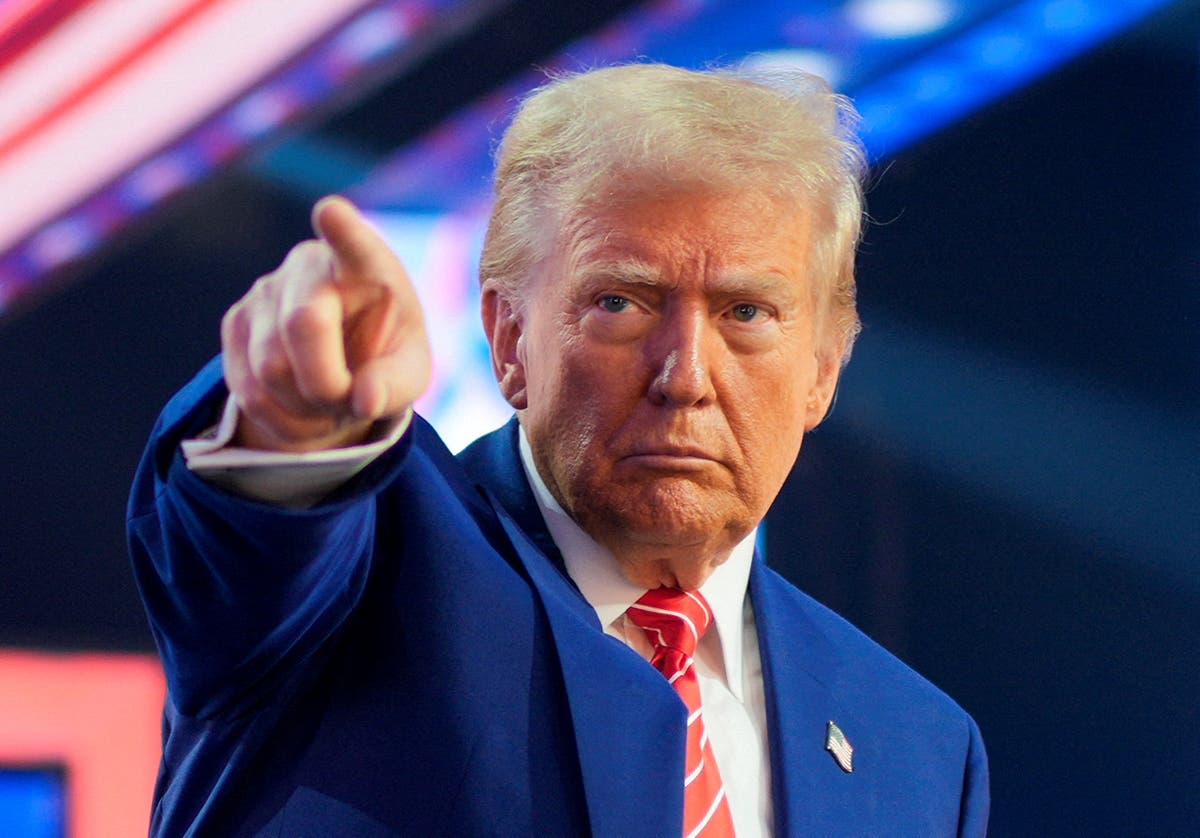Bussiness
Stock market today: S&P 500 jumps to best day in 5 months as tech rebounds, rate cuts come into view

NEW YORK — Big technology stocks drove a rally for U.S. indexes, as Wall Street grew even more convinced long-sought cuts to interest rates will be arriving soon. The S&P 500 jumped 1.6% Wednesday for its best day in five months. The Dow Jones Industrial Average rose 0.2%, and the Nasdaq composite soared 2.6%. The widespread gains came as Treasury yields eased in the bond market after the Federal Reserve gave the clearest indication yet that it could begin lowering interest rates in September. Chip stocks helped lead the way after Advanced Micro Devices delivered stronger profit than expected. Oil prices jumped, and stock indexes rose worldwide.
THIS IS A BREAKING NEWS UPDATE. AP’s earlier story follows below.
Big technology stocks are bouncing back and behind a big rally for U.S. indexes on Wall Street Wednesday.
The S&P 500 was jumping by 2% in afternoon trading and on track for its best day in five months. The Dow Jones Industrial Average was up 427 points, or 1%, as of 2:5 2p.m. Eastern time, and the Nasdaq composite was 3% higher.
The moves were even bigger in the oil market, where prices jumped roughly 4% after the death of Hamas’ political leader raised worries about the flow of crude in the Middle East. In the U.S. bond market, Treasury yields eased after the Federal Reserve held its main interest rate at a two-decade high but gave some indication that lower rates may soon be on the way.
A batch of softer-than-expected reports on the U.S. economy released during the morning strengthened hopes that inflation is slowing enough to convince the Fed to cut rates at its next meeting in September, and Fed Chair Jerome Powell said policy makers are “getting closer to the point” where they’ll be comfortable enough to cut.
“You would think, base case, that policy rates would move down from here, but I don’t want to try to give specific forward guidance about when that might be, the pace at which it might happen,” Powell said. “That’s really going to depend on the economy, and that’s highly uncertain.”
On Wall Street, Advanced Micro Devices rallied 5% after reporting better profit and revenue for the latest quarter than analysts expected, thanks in part to accelerating artificial-intelligence business. That helped drive Nvidia, the chip company that’s become the poster child for Wall Street’s frenzy around AI, up 13.9% a day after it lost 7%.
How such Big Tech stocks perform matters a lot because they’re Wall Street’s most valuable companies, and that gives them the biggest sway on the S&P 500. A handful of these stocks, known as the “Magnificent Seven,” drove the U.S. stock market to dozens of records this year, even as many other stocks struggled under the weight of high interest rates. But they ran out of momentum this month amid criticism they had grown too expensive and expectations had run too high.
Such criticism hasn’t gone away, and Microsoft fell 0.9% despite reporting profit and revenue for the latest quarter late Tuesday that edged past analysts’ expectations. Growth in its Azure cloud-computing business fell a bit shy of analysts’ forecasts. That followed earlier profit reports from Tesla and Alphabet that investors found underwhelming, which raised concerns that other Magnificent Seven stocks could also fail to impress.
Meta Platforms rose 2.3% as investors waited for its profit report, which will arrive after trading closes for the day. Amazon and Apple will follow on Thursday, and they both rose at least 1.9%.
Stronger-than-expected profit reports from companies outside the Magnificent Seven also helped lift the market on Wednesday.
Match Group jumped 14.2% after saying its user trends for Tinder are stabilizing and reporting results for the latest quarter that roughly matched analysts’ expectations.
DuPont rose 5% after delivering better profit and revenue than expected, thanks in part to a recovery for the electronics business, and the chemical giant raised its financial forecasts for the full year.
Boeing flew 5.2% higher after naming an industry veteran with a background in mechanical engineering as its next chief executive officer. That helped overshadow the aerospace company’s reporting weaker results for the latest quarter than expected.
They helped offset a 3.4% drop for Altria Group after the maker of cigarettes and smoke-free products fell short of expectations for profit and revenue in its latest quarter.
In the bond market, the yield on the 10-year Treasury eased to 4.11% from 4.14% late Tuesday. It’s been falling from 4.70% in April as a slowdown in inflation raises expectations for coming cuts to interest rates by the Federal Reserve.
Yields fell in the morning after a report showed U.S. employers spent less in total pay and benefits for workers during the spring than economists expected. Another suggested hiring by employers outside the government was a touch weaker than expected.
While workers would surely like stronger such numbers, it could be the type of “Goldilocks” data that Wall Street is looking for: not so strong that it pushes upward on inflation but not so weak that it raises worries about a recession.
Some of Wednesday’s strongest action was in the oil market, where prices tumbled after Hamas’s top political leader Ismail Haniyeh died in a predawn airstrike in the Iranian capital early Wednesday, Iran and the militant group said. They blamed Israel for a shock assassination that could escalate conflict in the region and potential disrupt the flow of oil.
There was no immediate comment from Israel, which has pledged to kill Haniyeh and other Hamas leaders over the group’s Oct. 7 attack on southern Israel in which the Palestinian militant group killed 1,200 people and took some 250 others hostage.
In stock markets abroad, Japan’s Nikkei 225 rose 1.5% after Bank of Japan raised its benchmark interest rate to about 0.25% from a range of zero to 0.1%. The value of the Japanese yen also strengthened against the U.S. dollar.
Indexes rallied 2.1% in Shanghai and 2% in Hong Kong after official data showed China’s July manufacturing activity contracted for a third straight month, fueling expectations that Beijing will need to roll out more stimulus to counter a slowdown for the world’s second-largest economy.
Stock indexes also rose across Europe.
___
AP Business Writer Matt Ott contributed.










